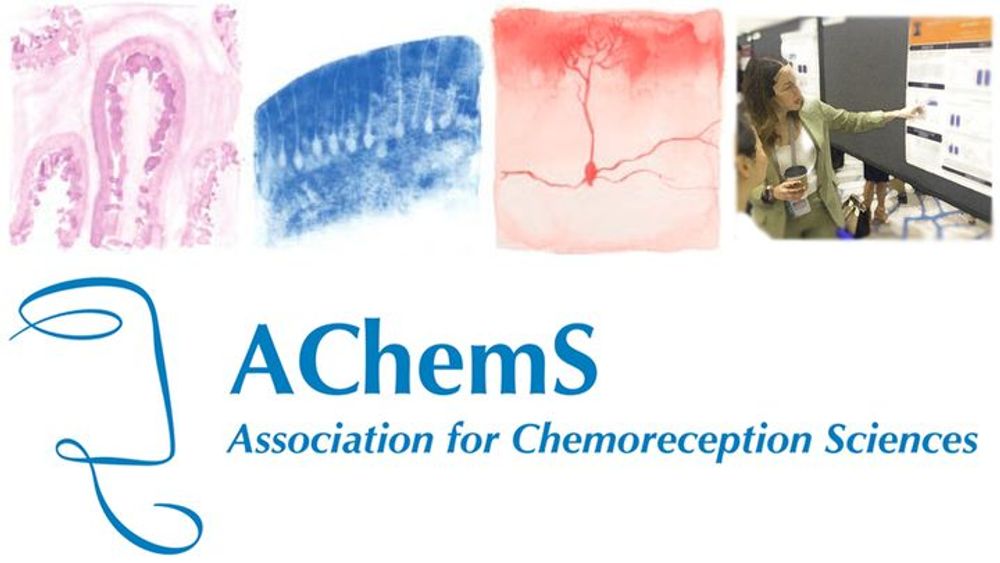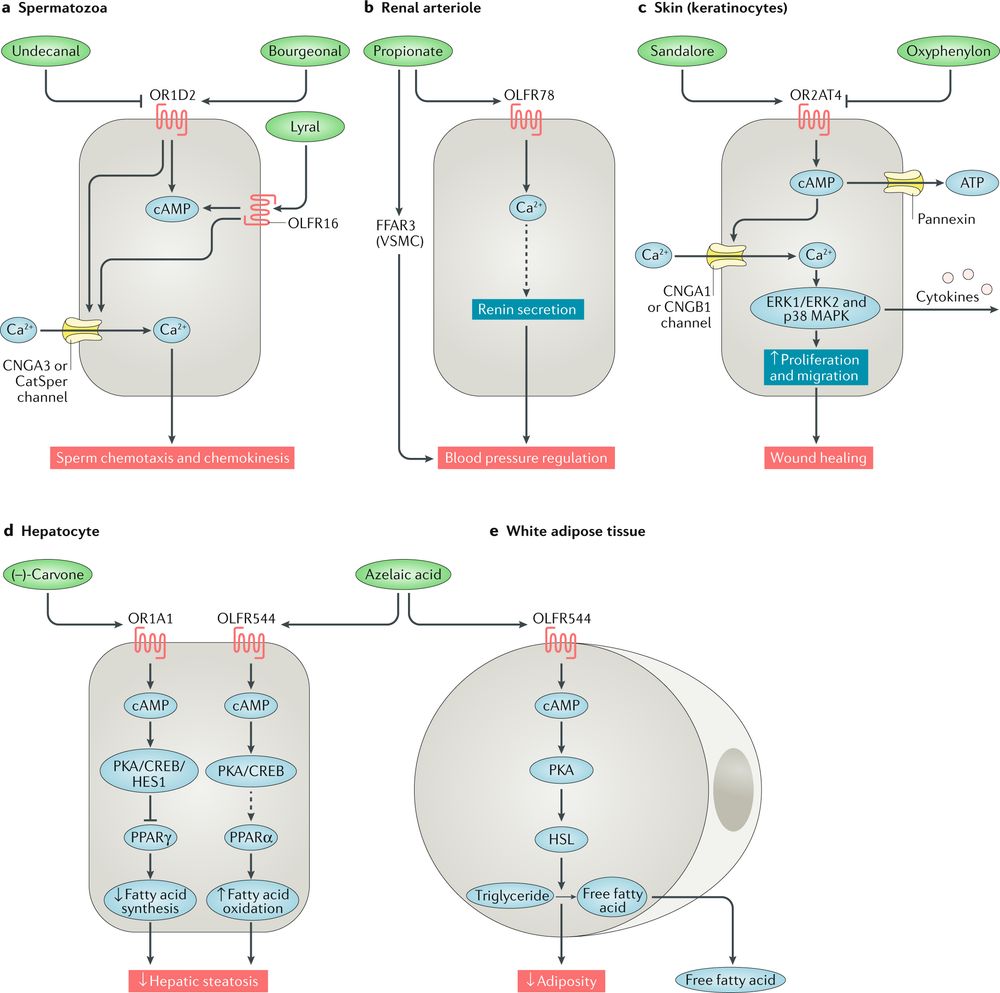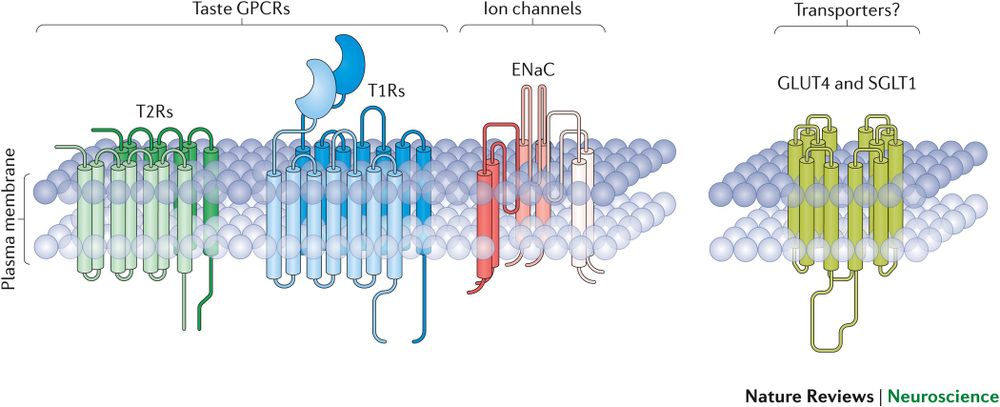Association for Chemoreception Sciences (AChemS)
@achems.bsky.social
210 followers
35 following
150 posts
The Association for Chemoreception Sciences (AChemS) is an international association that advances understanding of the senses of taste and smell.
Posts
Media
Videos
Starter Packs










